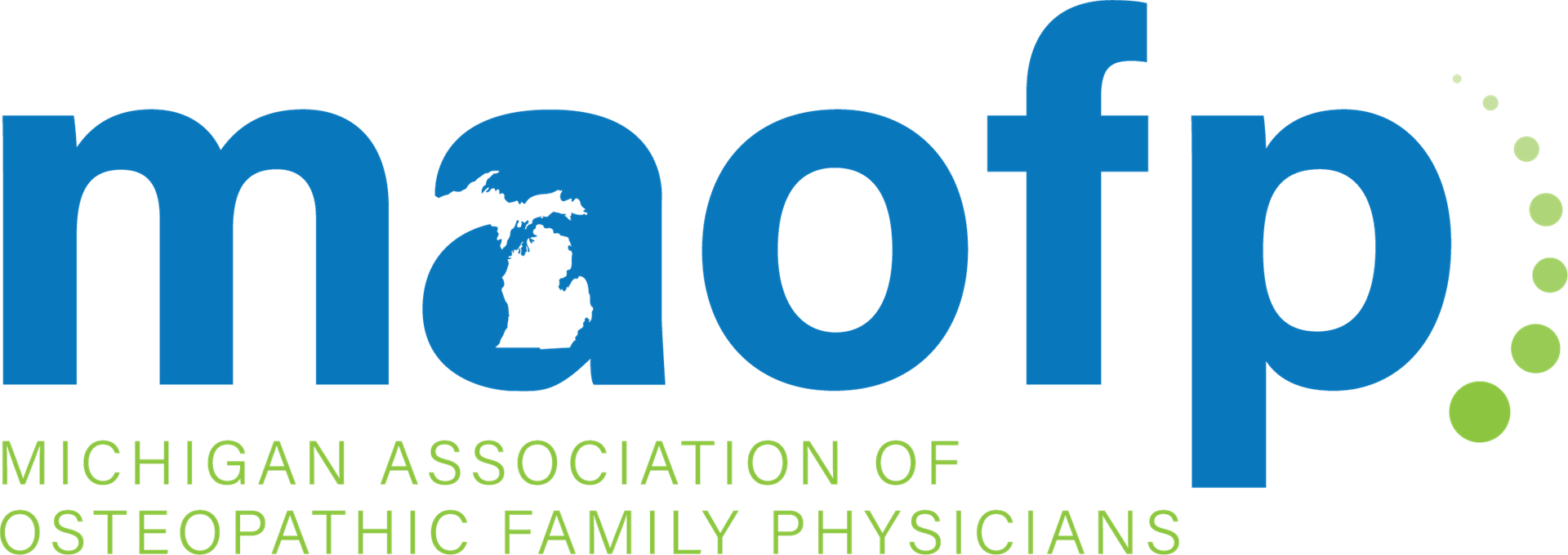Format and Timeline: View these pre-recorded educational videos at your convenience and complete an evaluation for each session to earn CME credit. Registration deadline: December 10 | Deadline to complete education: December 17 Instructions for accessing the sessions will be emailed within 2 business days of registration. If paying by check, instructions will be sent after payment is received. |




